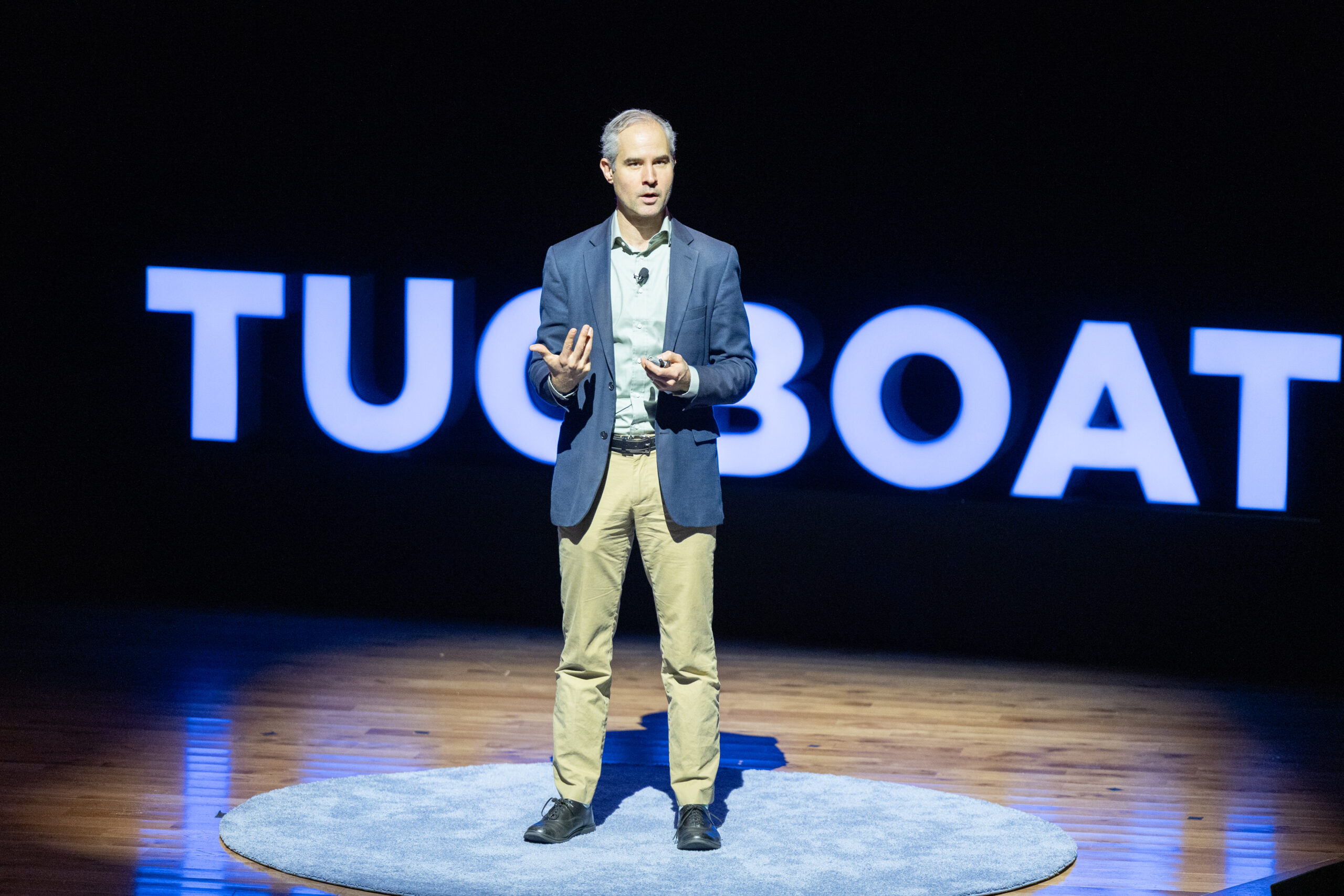

Write Your Personal Strategic Plan
- Jeff Stone
- Diamond Construction
For seven years, I was a member in a Bay Area based CEO group focused on leadership, growth, operations, and innovation. As a young leader, I was far younger than most of the other members, which was both exhilarating and humbling. It was an amazing group, but I learned something especially important from a man named John Carpenter; in many ways, he became my mentor. Over the years in the group together, he witnessed my transformation from aspiring leader seeking to grow my company, to a newly married man, to a new father. He invited me to lunch one day, proposing to work on my strategic planning for the following fiscal year. After showing my current version, goals, and aspirations, he fairly pointed out what needed significant improvement, and then asked me “to show my personal strategic plan.” I was stumped; my what?
As an experienced leader and very wise man, John had a perspective I was unable to see clearly at the time. He knew how dedicated I was to Diamond Construction, the company my father founded and grew, and for which he was now providing the framework for succession. He also understood how dedicated and available I wanted to be to my growing young family, something I had learned from my other mentor, my father. Further, he knew about some of my other passions, which included climbing mountains all over the world and trekking at high altitude. Lastly, he had watched countless ambitious young leaders throw themselves into their work, often at the expense of their families and personal lives. Many of the CEOs in our group were divorced and had in some way sacrificed their personal lives for their professional ones. He sent me home with an assignment; write a one-page personal strategic plan for the coming year.
Staring at a blank page and reflecting on how to frame my personal life strategically, I contemplated what that even meant. A week prior, I would have easily replied with generalized framing for my personal objectives as they related to relationships. But now, I was faced with a daunting reality; I must accurately write and acknowledge where I was currently, where I wanted to be, and how I was going to get there. This made me realize that, although my intentions were to be the best husband, father, friend, and community member, I was failing myself in multiple areas. So, as in a business plan, I created an outline of extremely meaningful parts of my life: relationships, mental and physical health, philanthropy, education, impact, spirit etc. That created the framework to infill specific goals I believed would help benchmark growth from the prior year and plan. The strategic goal here is personal growth– a rigorous, unapologetic commitment to those areas of life which define personal enlightenment.
What did any of this have to do with my business? Everything. As John pointed out and as I started to see clearly through the following year, my business and personal strategic plans were dovetailed, and as I learned to manage myself, I finally started leading. Many leaders have the best intentions across the board but will prioritize business over themselves and often over their families when the two come into conflict. As any business leader knows, this happens more than we’d like to admit. The act of writing it down, acknowledging it, and reviewing and managing it creates metrics of growth outside the standard societal proverbial yardsticks.
I took my first personal strategic plan back to John and showed him. “Great, now hold it up next to your strategic plan for Diamond Construction. If you cannot achieve something in your business strategic plan and also honor these priorities, take it out of your business plan or think strategically about how you will achieve it without compromising yourself.”
Does this mean I’ve sacrificed business growth and opportunities to put myself first? The exact opposite. Since starting this process, I’ve grown our enterprise from being a residential construction company into a vertically integrated development, investment, construction, and innovation company. I finally understand strategy. When my plans conflict, I ask myself, how can I make both happen? I reformulate the strategy, with this new perspective. I have grown my business every year for seven years in a row, so I can confidently say that the personal plan does not mean personal success over business success; it just means crafting plans thoughtfully. Sometimes that means hiring a new team to run a new project or altering a timeline, but I have found that it is always possible to adjust in a way that makes both plans possible. I am growing my business, but I am doing it more efficiently and with a great deal more self-awareness. Most importantly, it is now sustainable.
For my employees, this has turned out to be extremely important as well. They see me value my personal life, which forces me to help them value their own personal lives, and it makes me more aware of and sensitive to their personal needs. I can be there for them in a way I could never have been if I only valued myself as a professional–it humanizes the business. Frustrations of wanting more from someone have turned into empathy, marking a shift from disappointment to understanding.
With proper personal strategic planning, one can better align and manage their overall life goals. By forcing oneself to document and prioritize personal goals, like in business, self-awareness is heightened, and personal relationships benefit. I drop my children off to school every day; it was a commitment I made in my personal plan. My favorite part of the day is those 30 minutes talking to my 3- and 5-year-old about life, what they plan to do that day, what they plan to learn. I would never have made that a priority before, but now I realize they have given me the opportunity to start each day as the best version of myself and I wouldn’t change it for the world.
More Articles and Videos

Leading Through Uncertainty – Tugboat Institute® Summit 2025
- Jackie Hawkins
- Tugboat Institute

Why Employees Quit and How to Use Evergreen® Principles to Keep Them
- Michael Horn
- Clayton Christensen Center for Disruptive Innovation

Get Evergreen insight and wisdom delivered to your inbox every week
By signing up, you understand and agree that we will store, process and manage your personal information according to our Privacy Policy




